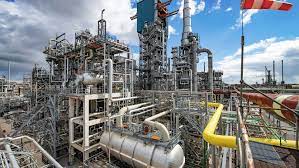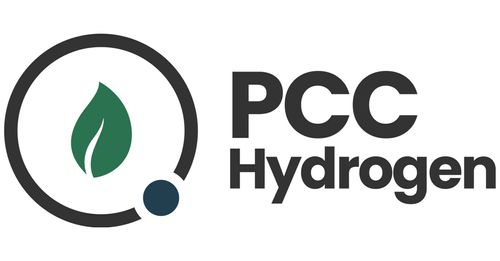Mitsubishi Power Americas is conferring with its financial partners to raise equity from existing investors in the Advanced Clean Energy Storage (ACES) Delta green hydrogen project in Utah, Senior Vice President, Investment and Business Development Ricky Sakai said in an interview.
Haddington Ventures formed Haddington ESP I and raised $650m in June 2022 from institutional investors to fund projects developed by ACES Delta, which is a joint venture between Mitsubishi Power Americas and Haddington portfolio company Magnum Development.
The investors — AIMCo, GIC, Manulife Financial Corporation, and Ontario Teachers’ Pension Plan Board — have additional rights to increase their collective investment to $1.5bn, according to a press release announcing the deal.
The first phase of the project in Utah will be to produce 100 tons of hydrogen per day. Once that is complete, existing investors can scale up their investment, Sakai said.

Mitsubishi is involved in several regional hydrogen hubs applying for funding from the US Department of Energy.
Hydrogen capable
Depending on how that $7bn is ultimately allocated, Mitsubishi is interested in replicating the Utah project in other regions, a source familiar with the company said.
MPA and Magnum recently closed on a $504.4m loan guarantee from the DOE for ACES Delta, electrolyzers for which will be supplied by Norway-based HydrogenPro.
ACES Delta will support the Intermountain Power Agency’s IPP Renewed Project — upgrading to an 840 MW hydrogen-capable gas turbine combined cycle power plant using Mitsubishi’s M501JAC gas turbines. The plant will initially run on a blend of 30% green hydrogen and 70% natural gas starting in 2025 and incrementally expand to 100% green hydrogen by 2045.
Mitsubishi is also supplying the hydrogen-capable gas turbines to Entergy’s Orange County Advanced Power Station; to an Alberta coal plant owned by Capital Power; and to J-Power’s Jackson Generation Project in Illinois, which reached commercial operations last year.

Investing in startups
Mitsubishi is doubling down on a strategy of investing in startup producers and technology in renewable fuels, Sakai said.
Recent investments in the space include: C-Zero, a drop-in decarbonization tech startup in California; Cemvita Factory, a Houston-based synthetic biology firm focused on the decarbonization of heavy industries; Infinium, an electrofuels company innovator in California forming decarbonization solutions for industries in Japan; and Starfire Energy, a modular green ammonia solution provider in Denver.
Series A and Series B valuations for US companies are much higher now than they were a few years ago, Sakai said. Still, the US is the leading climate tech startup ecosystem in the world and provides rich opportunity for capital deployment, Sakai said. Biofuels, SAF and waste-to-energy are leading sectors for MHI investment moving forward.
“We have several hundred of these in the pipeline that we are looking at right now,” he said. “In the next few years, we will increase the number of these portfolio companies.”







